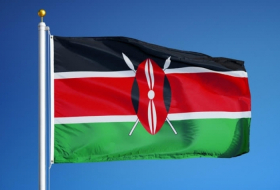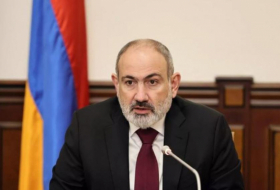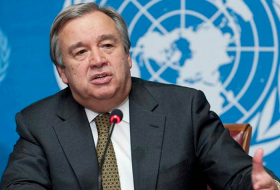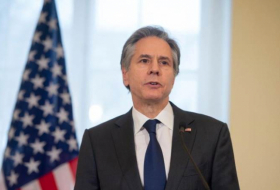More than 20 diplomatic personnel in Cuba were apparently affected by a range of unexplained health problems which typically began after hearing strange grating or vibrating sounds which they said were coming from a specific direction and occurred when they were at home or in hotel rooms. However, other people nearby couldn’t hear the sounds.
The US blamed Cuba for the mystery “attacks”, which worsened the already calamitous diplomatic rift between the two countries.
But new research suggests Cuba had no hand in the alleged incidents, and that no such purposeful targetting of the diplomats may have happened at all.
A report in the Journal of the Royal Society of Medicine, authored by a leading sociologist and an expert in neurodegenerative diseases, suggests the concussion-like symptoms, which came to be known as “Havana Syndrome”, were caused by “emotional trauma and fear”.
The so-called attacks were first reported by staff in late 2016, and affected more and more people, including Canadian diplomatic staff. At the time, speculation centred around the use of an unknown sonic weapon.
The US State Department said the health problems were either the result of an attack, or due to exposure to an as-yet-unknown device.
As a result, in August 2017, the US expelled two Cuban diplomats in direct response to the unexplained illnesses.
The following month the US then removed all non-essential staff from the US embassy in Havana, and warned US citizens not to travel to Cuba.
In October 2017, Donald Trump, then in the first year of his presidency, said: “It’s a very unusual attack, as you know. But I do believe Cuba is responsible.”
I would like to receive morning headlinesMonday - Friday plus breaking news alerts by email
Cuba dismissed the US claims as “science fiction”.
The new research paper’s lead author, Dr Robert Bartholomew, writes that “Havana Syndrome” is more akin to shell shock, with the symptoms paralleling those associated with war trauma.
“A characteristic feature of combat syndromes over the past century is the appearance of an array of neurological complaints from an overstimulated nervous system that are commonly misdiagnosed as concussions and brain damage,” he said.
He added: “A signature feature of shell shock was concussion-like symptoms. Like today, their appearance initially baffled physicians until a more careful review of the data determined that what they were seeing was an epidemic of psychogenic illness. In fact, some of the descriptions from 100 years ago are virtually identical, right down to the use of the phrase ‘concussion-like symptoms’.”
The authors describe the diplomats who became sick as participants in “a continuation of the Cold War, living in a hostile foreign country where they were under constant surveillance”.
Between late 2016 and 2017, staff in Havana were “living in a cauldron of stress and uncertainty, amid rumours of an enigmatic sonic weapon,” a press release for the research states.
“The political and scientific evidence for the perpetration of an attack on US embassy staff in Cuba is inconclusive,” they write in the paper.
“What is the more likely, that the diplomats were the target of a mysterious new weapon for which there is no concrete evidence, or they were suffering from psychogenic symptoms generated by stress? The evidence overwhelmingly points to the latter.”
They added: “There have been four separate studies of ‘Havana Syndrome’ to date. Each have critical design flaws including the use of inappropriate controls, inflated conclusions, and a lack of evidence for exposure to an energy source or toxin. None adequately test the hypotheses they propose, while promoting exotic explanations that are not supported by the facts.
“Our conclusions are grounded in the prosaic and known science. There is no need to resort to exotic explanations. Claims that the patients were suffering from brain and auditory damage are not borne out by the data.”
Challenging the diagnosis of ‘Havana Syndrome’ as a novel clinical entity is published in the Journal of the Royal Society of Medicine.
The Independent
More about: Cuba
















































